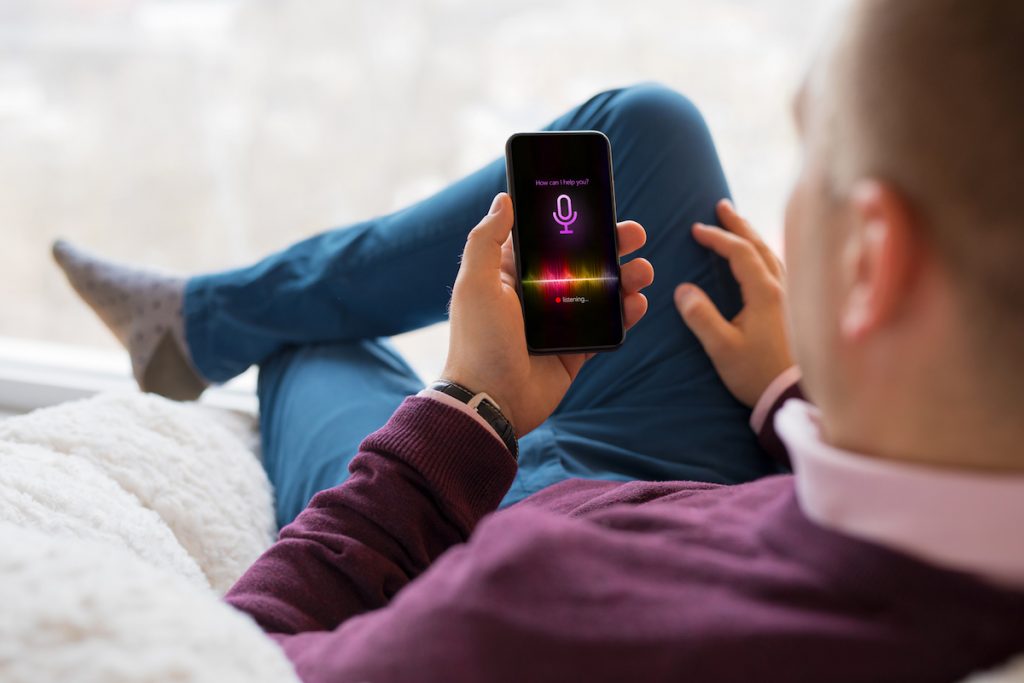
To say that technology is ever-changing is an understatement. The competition for consumerism calls for an arms race between companies to outsmart one another. Among the latest of these competitions is the development of smart speakers: wireless voice command speakers that can help with anything from Google searches to control settings within the home.
Smart speaker technology has proven to be extremely successful, with an estimated one in four households owning at least one smart speaker. However, the increased production of speakers has brought an important issue in representation to light. As each company unveils its speakers, all of them have female voices.
Of course, one could argue that the popular representation of femininity in association with intelligence is a success in today’s largely patriarchal society, but there is something about the nature of a smart speaker’s purpose that offsets this claim. Smart speakers are made with the intention to serve its consumers; Siri is officially defined as a “voice assistant” with such subservience in mind.
Deference and obedience have a long-standing connotation to womanhood, and smart speakers are corroborating a history filled with gender-based marginalization in their lack of equal representation. Defaulting to female voices is disadvantageous for many reasons. To start, examine the popularized association of females in secretarial and assistant job positions. Female voices for smart speakers relay the message that women are wonderful assistants, but incapable individuals.
Female voices are heavily policed with sexist filters working against the ability of feminine voices to communicate to the same extent as men. Society comes to think that certain intersectional associations with intelligence, gender, race, class and more are “right” due in part to these filters. In the case of gender and sound, the most common misconception is that of women being less intelligent than men. There have been multiple sound studies proving that society views deeper and subsequently more masculine voices to be more authoritative, often causing women to speak in lower registers.
Double standards between men and women are not uncommon in the slightest. The viewing of women as less trustworthy than men is most blatantly displayed in the colossal breakthrough in sexual assault confessions resulting from the viral #MeToo movement of 2017. The movement was so successful that women flooded the gates, sharing their stories to show just how frequently women endure sexual assault in today’s world. The goal? Captivation. #MeToo helped to bring down at least 200 perpetrators in the industry, the most famous being Harvey Weinstein, an extremely successful yet vile film producer.
In all its success, #MeToo has also brought about greater degradation of women in the midst of its aims of empowerment. With each allegation, more people step forward to discredit the truth of women’s claims. The epitome of such distrust of women exists in Supreme Court nominee Brett Kavanaugh’s sexual allegation case by Dr. Christine Blasey Ford.
Ford first came forward publicly with a Washington Post article in September 2018, stepping forward during Kavanaugh’s confirmation hearings on Sept. 27. The result of her confession, though heartbreaking, was not unexpected. While Ford endured polygraphs, death threats and defamation of character, Kavanaugh received a nomination to the highest court of the land.
It’s worth being said that smart speakers can be helpful in the home. However, the technology smart speakers provide is not groundbreaking. After all, there are an estimated 700 million iPhone users worldwide that have Siri installed on their phones, yet iPhone users still buy smart speakers with extremely similar technology for the home. Why, then, are smart speakers so attractive? The answer is simple: The idea of an all-encompassing assistant is compelling. Smart speakers offer a quick solution to daily inconveniences, questions and demands.
But why else do people buy smart speakers? Easy: They finally allow us to possess a woman who cannot say “no.”
Kaitlyn Liu is a freshman majoring in English.



